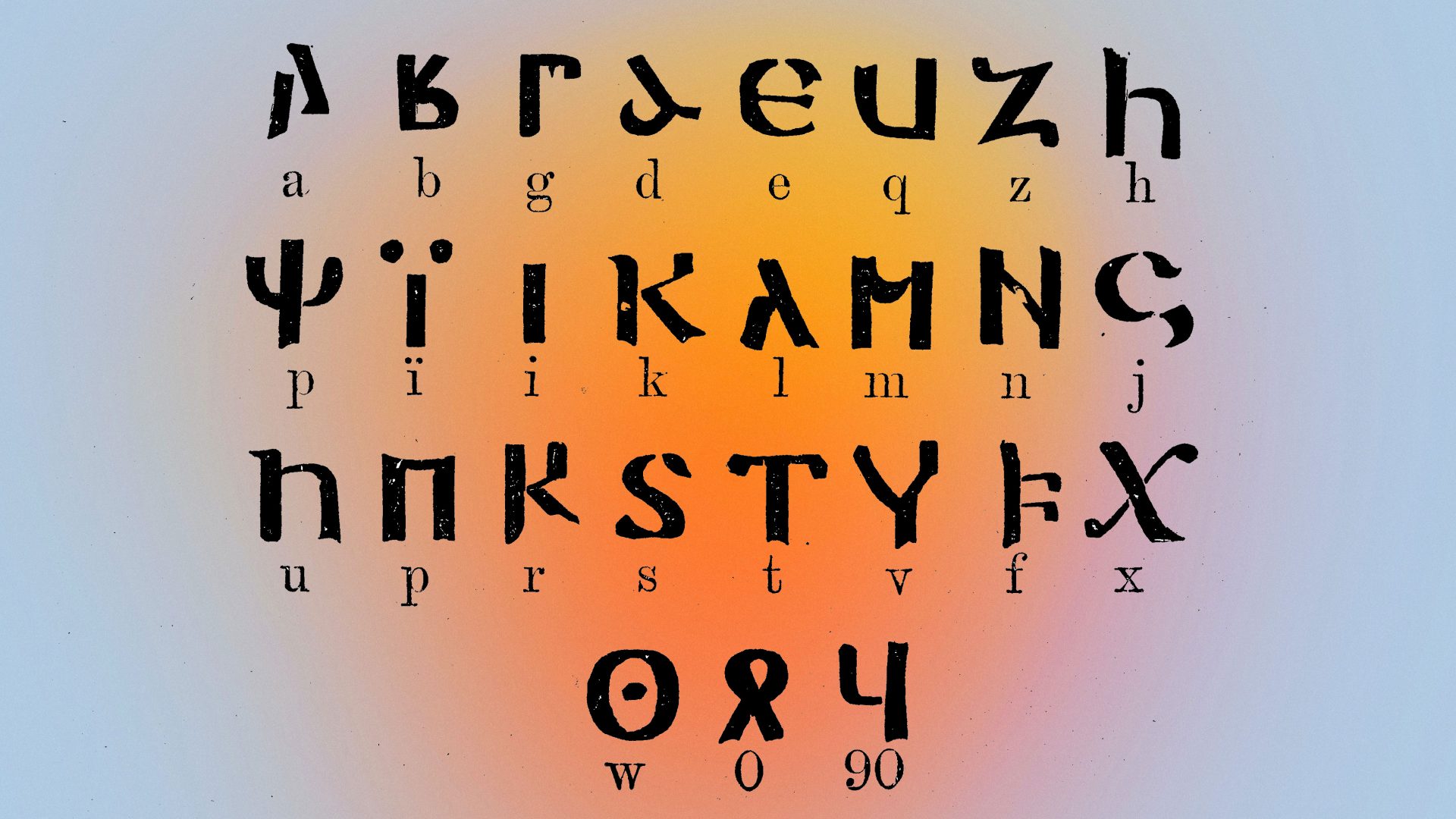The West Germanic languages English, German and Dutch are thriving, as
are the North Germanic Scandinavian languages. But there are no East Germanic languages spoken anywhere in the world today.
None of the East Germanic-speaking groups such as the Vandals and the Burgundians held on to their ethnolinguistic identity in the long term. Most of them eventually shifted to speaking Romance or West Germanic languages.
It is often argued that the Goths originally came from the Swedish island of Gotland, part of the original homeland of the Germanic proto-language. (The Burgundians may have come from the island of Bornholm, and the Vandals from northern Jutland.)
There is no evidence of the survival of the Ostrogothic or Eastern Gothic language in Italy after the fall of the Ostrogoth kingdom to the Byzantine Empire in the 550s AD. But some of the Visigothic rulers of the Iberian Peninsula do appear to have continued to speak their East Germanic language until the 8th century AD, when the Arab-Berber invasion from North Africa brought their period of dominance to an end.
In the 800s AD, there were reports that Gothic was still being used in church services along the lower Danube in what are now Serbia, Romania and Bulgaria. It is also possible that a form of Gothic survived on the Crimean peninsula as late as the 1500s: a Flemish diplomat called Augier Ghislain de Busbecq collected some words and phrases in use there at that time which were clearly Germanic, and quite possibly East Germanic. These included apel ‘apple’, handa ‘hand’, reghen ‘rain’, and singhen ‘sing’.
Gothic is the only East Germanic language for which we have any substantial traces. The surviving scripts mainly consist of fragments of a Gothic translation of the Bible (mostly of the New Testament) dating from the 300s AD, which was made for the benefit of Gothic-speaking Christians living in the Balkans.
These Gothic texts are our oldest written records, by three or four hundred years, of any Germanic language. The translation of the Bible was carried out by Wulfila, also known as Ulfilas (c.310-383), who was the bishop to the Goths living north of the River Danube, outside the Roman Empire. One of his most notable achievements was the development of the Gothic alphabet for the purpose of the translation.
In 348 AD Wulfila sought and obtained permission from the Roman Emperor Constantine II to bring his Gothic Christian converts south, across the Danube and into the Empire, in order to escape the religious persecution they were suffering at the hands of heathen neighbours. They settled in Nicolopolis, in the Roman province of Moesia, now Nikopol in northern Bulgaria. Wulfila died about 35 years later on a visit to Constantinople.
It seems probable that Wulfila was able to translate the Bible into Gothic
because he not only studied Latin but, more crucially, grew up bilingual in Greek and Gothic. He had been born into a community of Greeks in
Cappadocia in central Asia Minor who were captured during a raid by Goths around 270 AD and carried off into Gothic territory in what is now Romania.
This childhood misfortune of his turned out, in the long run, to be most beneficial to students of the history of our Germanic languages.
HEATHEN
Heathen and heath are closely related words. In Bishop Ulfila’s Gothic Bible
translation, he uses haithno ‘dweller on the heath’ as a rendering of Latin
paganus ‘pagan’. The assumption was that paganism lingered on in the countryside well after more sophisticated urban areas had been converted to Christianity.




